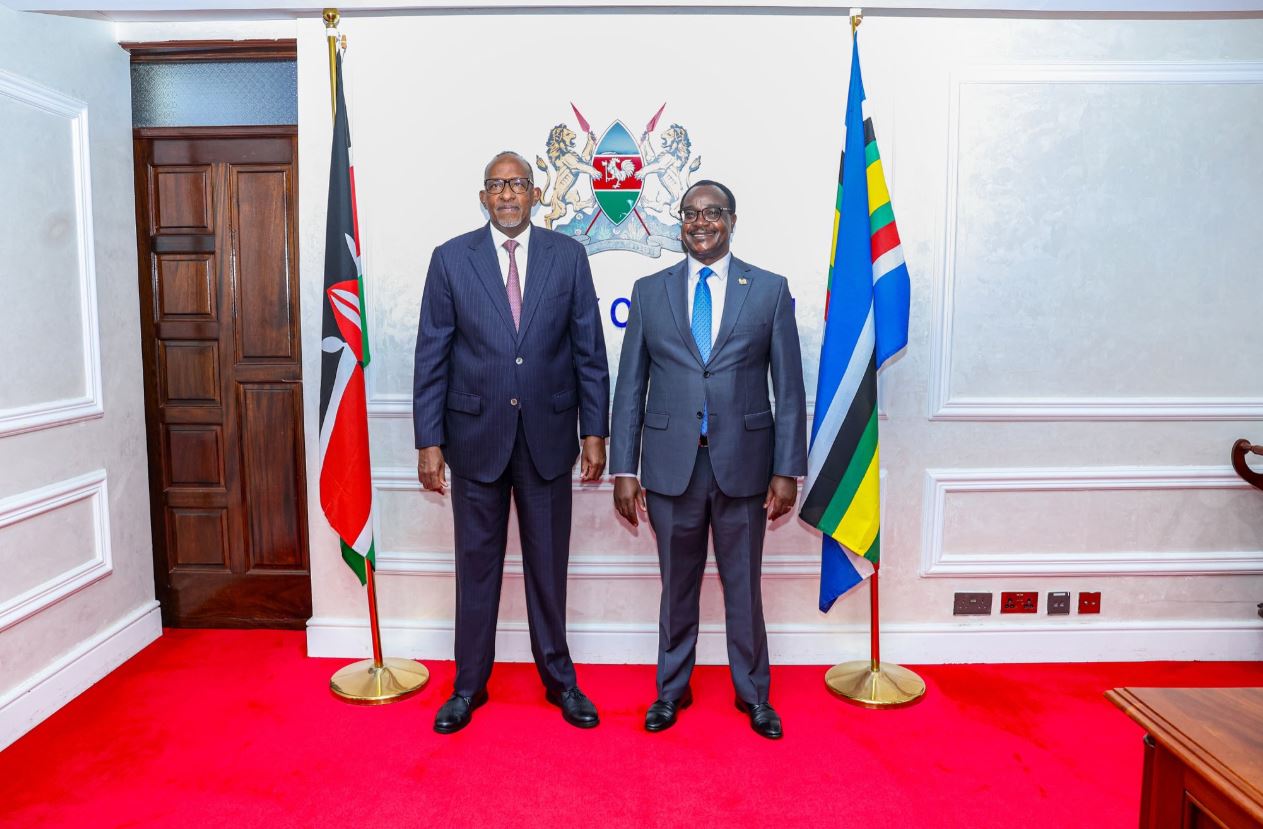By Roy Hezron
There will be no strikes after the Teachers Service Commission (TSC) and Kenya National Union of Teachers (KNUT) penned down a new agreement which will see the two parties employ negotiations in solving any disputes arising between them.
According to the new Recognition Agreement signed between TSC and KNUT on August 11, 2021, it will not be business as usual since the new agreement limits the officials from calling a strike before a resolution of the dispute either by themselves (between TSC and KNUT) or the Cabinet Secretary for Labour.
“No strike, lockout or other adverse action that may stop or hinder the operation of the business of either party shall take place until a resolution of the dispute by Parties or the Cabinet Secretary,” reads the agreement.
The agreement which replaced the May 15, 1968 agreement requires that, in case of any grievances or claims, it shall be raised to the Commission in writing by the Union’s Secretary General (SG). The complaint shall be studied by the Commission’s Secretary (Chief Executive Officer) and s/he will communicate back to the Union within reasonable time.
It further requires that such grievances or claims shall be resolved amicably in the first instance by the Union SG and the Commissions’ CEO (Secretary), and in the event such grievances are not resolved, the aggrieved party may request the Commission and the union to constitute a Negotiation Committee which shall set and regulate its own meeting procedures to consider the matter in issue.
“Upon receipt of the request, the Commission and the union shall constitute a Negotiation Committee comprising of not more than four (4) representatives nominated by each party,” states the agreement.
According to the agreement, the Chairperson of the Committee shall be from the Commission (TSC), while each party to the Committee may be assisted by the technical officers employed by either party. However, parties may be at liberty to seek advice from external experts outside the negotiations.
The Committee shall present its findings and recommendations before TSC and the Union for consideration and/or adoption, as all agreements jointly reached by the Committee and the union being committed in writing and signed by both parties at the end of the meeting.
The agreement further requires that in the event parties fail to reach a settlement, either party may refer the dispute to the Cabinet Secretary for Labour for resolution.
In one of the interviews with Education News, KNUT Secretary General Collins Oyuu reiterated that under his regime, he will employ dialogue and negotiations in resolving any issues between the Union and the employer TSC, and not use strikes, intimidations and court.
The new CBA requires KNUT and TSC to review their current recognition agreement which has been in force since May 15, 1968 and to have a defined constituency protected by law and which shall form part and parcel of the CBA, and be registered in the ELRC as an addendum to the CBA.
“Parties hereby mutually agree that they will engage in structured negotiations for specific and defined constituency of the Union as required by law,” reads the CBA document in part.
In case of an industrial action, the new CBA requires the parties to conduct themselves with dignity, civility and decorum, protect the property of the school and safeguard the safety of the learners.
“With a view to maintain the nobility of the teaching profession, parties agree that in the event of an industrial action, they shall conduct themselves with dignity, civility and decorum, protect the property of the school and safeguard the safety of leaners directly or through their respective officers, representatives and/or members,” reads the CBA in part.
The agreement also states that in the event of a strike, the administrative staff (head teachers, deputies, senior teachers, and teachers acting in the mention positions) shall continue to carry out their duties and ensure the safety of all leaners, members of the public and the property of the institution.
However, the agreement which entered into force on the date of its execution and which shall remain in force unless terminated has immediately stopped about 23,286 head teachers and acting Head teachers from being members of the Union.
“Parties further reiterate that taking into consideration the best interest of the child under Article 53 of the Constitution, the safety and welfare of leaners and the needs to deter conflict of interest, Parties agree that a member who is a head teacher or acting in the position of a head teacher shall cease being a member of the Union on the commencement date of this Agreement,” reads the agreement.
It adds that: “Parties agree that with an aim of ensuring the proper and efficient management of schools the administrative staff (head teacher, deputy head teacher, senior teacher and a teacher acting in the stated positions) shall at all times carry out the duties assigned to them by the Commission from time to time.”
The new agreement will see the union reduce its branch offices from the current 110 to 47 branches as from July 1, 2026.The 47 union officials together with the ten elected national officials will be granted leave of absence without pay .
The commission will redeploy such teachers (officials elected in 47 branches and the 10 national officials) to the teaching service when they cease being elected officials of the union.






